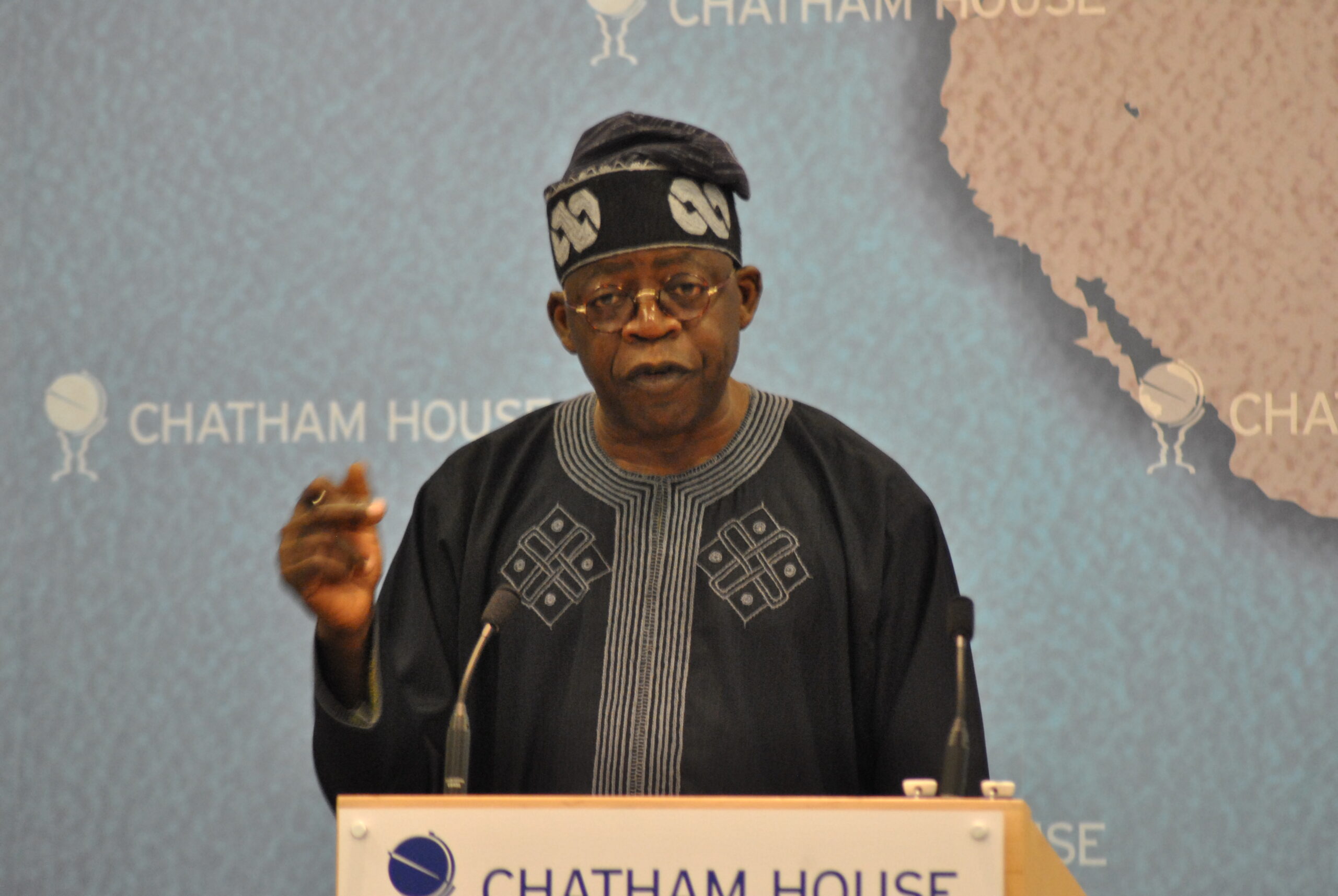Nigeria’s leader increased the wages of some government workers in last-minute efforts to appease labor unions whose planned strike this week could shut down government offices in all sectors of Africa’s largest economy.
Low-grade workers will in the next six months be paid an additional 25,000 naira ($32) a month, President Bola Tinubu said Sunday in a nationwide broadcast to mark Nigeria’s 63rd independence anniversary.
The increase expected to take effect this month takes the minimum wage to 55,000 naira ($71), still far below the 200,000 naira ($258) the unions had requested. The labor unions did not immediately comment on Tinubu’s announcement.
The unions representing Nigeria’s government workers announced they will go on an indefinite strike starting Tuesday to protest the government’s austerity measures.
In office since May 29, Tinubu’s policies aimed at fixing Nigeria’s ailing economy have more than doubled the cost of living for more than 210 million people who already were grappling with a surging inflation. It hit an 18-year high of 25.8% in August.
After he ended the yearslong expensive subsidies for gas on his first day in office, the price of petrol more than doubled, resulting in a similar hike in the price of other commodities. The government’s devaluation of the currency further increased prices, including food.
Talks with the labor unions have stalled and a slow start to several intervention efforts resulted in last week’s announcement of the indefinite strike. On Sunday, Tinubu said the new wage increase will enhance the workers’ pay “without causing undue inflation.”
He again appealed to Nigerians to bear with his government during the economic hardship, saying that the burdens they face today “should have been shed years ago.”
“I wish today’s difficulties did not exist. But we must endure if we are to reach the good side of our future,” he said.
To boost employment and incomes, Tinubu said his administration is providing investment funding for enterprises and will start giving cash handouts to additional 15 million “vulnerable households” as part of a social welfare program.
Source: AP






